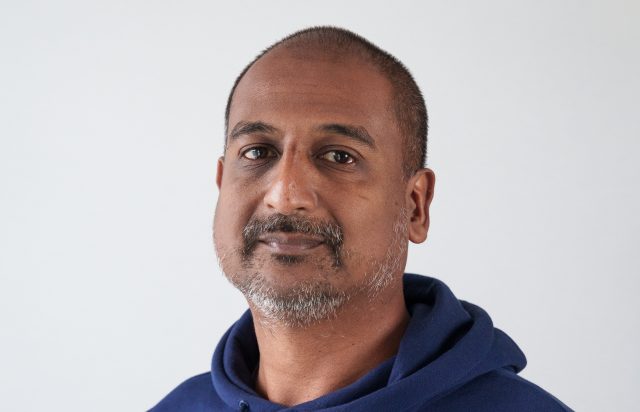This website uses cookies so that we can provide you with the best user experience possible. Cookie information is stored in your browser and performs functions such as recognising you when you return to our website and helping our team to understand which sections of the website you find most interesting and useful.
We all want to be inclusive. But what does that actually mean?
What does it take to be inclusive? Author, journalist and the first BAME winner of Beer Writer of the Year, David Jesudason investigates.

I have a fellow British-Asian (desi) friend called Harjot who was born in West London, grew up in Southall and spent most of his life not feeling part of this country. He went to university nearby and mixed with a lot of other cultures but still felt a disconnect to Britain, which he describes as ‘complicated’.
As a graduate, he worked as an intern for an advertising agency and his colleagues were amazed — and made the mood awkward — when he didn’t know a 1970s pop singer they all thought was super famous. He didn’t own a record player and his family listened to Sunrise Radio in their kitchen. This is where you expect both parties to retreat.
But, despite this divide, his colleagues asked him to the pub on a Friday and he admitted this was the first time that he finally felt that he was part of Britain. Decades later, he revisits this Soho haunt and feels welcomed, part of a diverse community and, most crucially, he feels included.
I go to many beer events, festivals, talks, bars, pubs and taprooms but rarely feel this, so what is it that this pub in Soho (the Old Coffee House) has that others haven’t? Its location? Its bar-staff? Its drink selection?
For this to be answered, we really need to define inclusion and this is where a conversation with Karine Coen-Sanchez, from the Faculty of Social Sciences at the University of Ottawa, became a lightbulb moment for me.
Coen-Sanchez defines inclusivity as a time when non-white people are allowed to enter a white space and — crucially — allowed to be their true selves. We don’t have to code-switch, like in this comedy sketch, and change the way we sound, the words we use or our accents.
When I’m with true friends of whatever colour, I am myself. But when I go to a beer festival or an event I’m guarded with an invisible forcefield around myself and I neutralise my language, accent and references. It’s here that I become a wallflower, who grins politely when people explain beer styles I’m a lot more familiar with than they are.
You see, despite India having one of the largest alcohol markets in the world and hundreds of desi pubs operating around the country, a lot of white people still think we don’t drink or know anything about booze.
What makes this worse is I grew up in a very British environment and wasn’t offered much in the way of Asian culture, despite having an Indian father and Malay mother. I feel that this suppression of identity gets re-visited when I’m in spaces that are overwhelmingly white. It’s my trauma to deal with, but people could make it a lot easier for me to navigate by not being so damn hostile to anything ‘foreign’ to them.
And if you’ve of the (wrong) opinion that being in a minority I shouldn’t get the majority to bend slightly towards me, then we all lose out. Coen-Sanchez explains why by explaining that being your true self benefits both parties as they both learn from each other’s cultures.
It’s just common sense — we’re always going to be richer as a nation when we learn from each other.
And you’ll love the authenticity of those different to you — the real me is much more fun than some actor who smiles politely. The real me likes making jokes, sending up pompous fools and trying to make everyone smile.
So, if you’re opening up a new bar or you’re planning a new event, please invite people like me but, most importantly, celebrate when the real me arrives.
David Jesudason was named Beer Writer of the Year in 2023, after his first book Desi Pubs, A Guide to British-Indian Pubs, Food and Culture was hailed as “the most important volume on pubs in 50 years”. Jesudason also writes Pub Episodes of My Life, a weekly newsletter about the drinking establishments that serve marginalised people.

